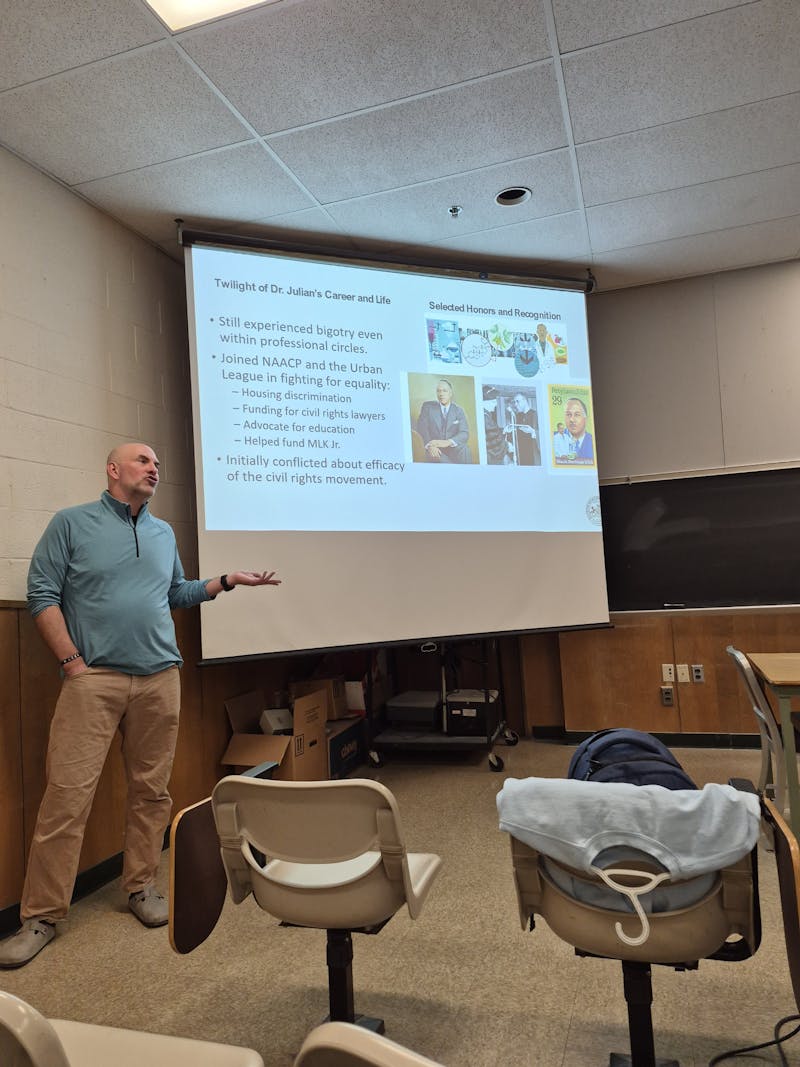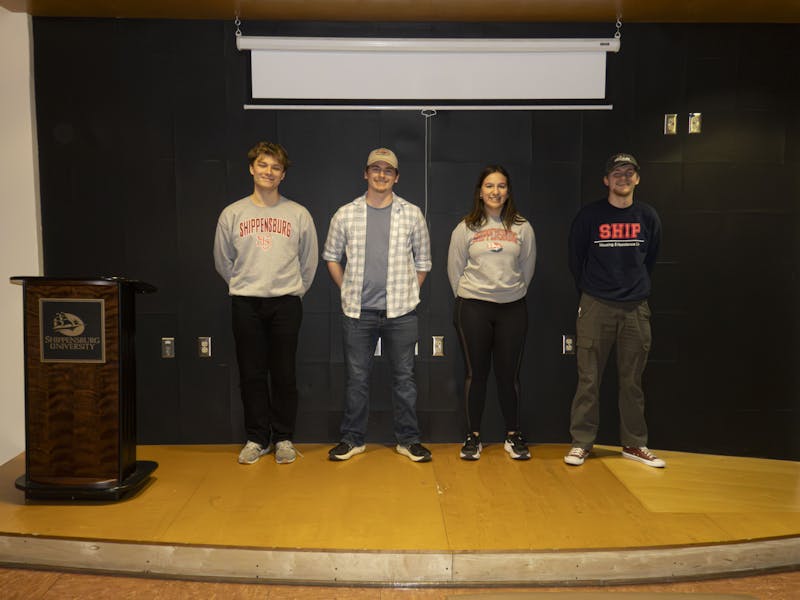College students across the nation are anxiously waiting to hear if their campuses will physically reopen in the fall. Shippensburg University students are no different.
On May 19, the Centers for Disease Control and Prevention (CDC) released its COVID-19 coronavirus “Considerations for Institutes of Higher Education.”
The webpage details safe reopening recommendations for higher education institutions.
The CDC suggests, “Implementation should be guided by what is feasible, practical, acceptable, and tailored to the needs of each community.”
It recommends the closure of “close shared spaces such as dining halls, game rooms, exercise rooms, and lounges if possible.”
Although the university has not announced its plans for the fall, it could mean the closure of the Red Zone, ShipRec and study lounges throughout campus, if it follows the CDC guidelines. Students would lose access to the amenities for which they pay each semester.
Picture the Dunkin’ Donuts line in the Ceddia Union Building (CUB) between 8-10 a.m. on weekdays. It is tightly packed with caffeine-deprived students. Now picture that same line with the same number of people, but this time they are spaced 6 feet apart for social distancing. The line would weave throughout the entire building.
At large events, such as Saturday afternoon football games or shows at Luhrs, it would become harder to meet the CDC recommendations. Fans may only partially fill Seth Grove stadium on Saturday afternoons cheering on the Raiders from 6 feet apart.
The CDC also suggests staggering use and restricting the number of people allowed in areas at one time to ensure 6 feet of social distance and the ability to clean and disinfect after use.
Reducing class sizes is the first option that comes to mind to remedy this. However, in February I reported about Pennsylvania State System of Higher Education (PASSHE) Chancellor Daniel Greenstein’s directives to schools to save money. This list included “not filling vacant staff and faculty positions.”
I spent hours interviewing department chairs who echoed each other’s worries: Class sizes will have to increase if more faculty are not hired.
These fears are only amplified with the addition of the coronavirus. Some classrooms have back-to-back-to-back classes during the day. If SU is following CDC guidelines, the shared spaces, (desks, podiums, doors) should be disinfected after prolonged use.
Anyone who has taken a class in the Dauphin Humanities Center (DHC) knows how packed the stairwells are between the classes throughout the day. There is no way social distancing and cleaning can properly be maintained.
On whom does the burden fall for this seemingly constant cleaning?
The SU custodial team is great. They do a lot with limited resources; however, their jobs will become exponentially harder in the fall should we return to campus. There is no way custodians can thoroughly clean and disinfect after every class.
I want to be back on campus in the fall. But once we get there, the university, faculty, staff and students must do their part to ensure they get to stay.
SU cannot feasibly hire enough custodians to sanitize every surface a student touches. Does this mean officials revamp the class schedule so there are not so many students in a shared area? Does it mean students and faculty will have to help by disinfecting classrooms after they use them? If the university is not offering the same amenities or is asking more of students, the fees need to be reduced or refunded completely.
During this most challenging and unprecedented time in our lives, students must be vigilant and committed to maintaining healthy practices. This means wearing a mask and following social distancing rules. It means not using lounges or small spaces to hang out or study with more than 10 friends. This means not crowding into a small house or apartment for a party where you and 200 of your “closest friends” are sharing drinks from a plastic bin.
If we want to return to campus in the fall and remain there for the entire semester, we must accept the greater responsibilities that will fall on our shoulders.
"Your World Today" is a weekly column written by the editor-in-chief of The Slate. It represents solely the subjective opinion of the individual who wrote it




The Slate welcomes thoughtful discussion on all of our stories, but please keep comments civil and on-topic. Read our full guidelines here.